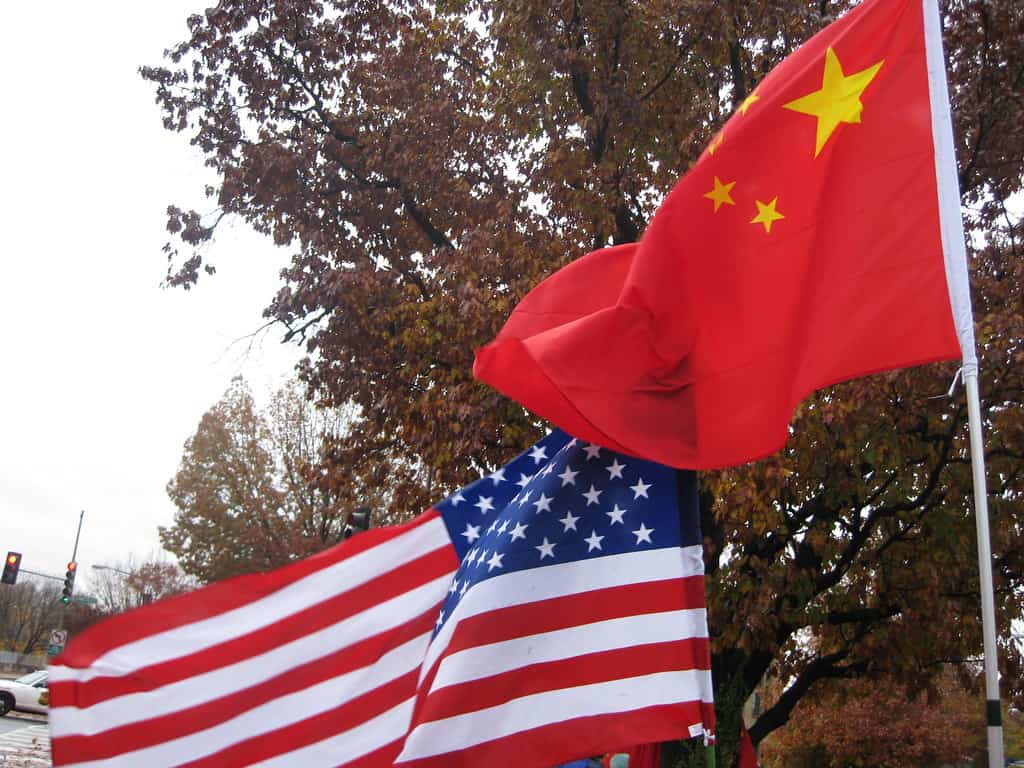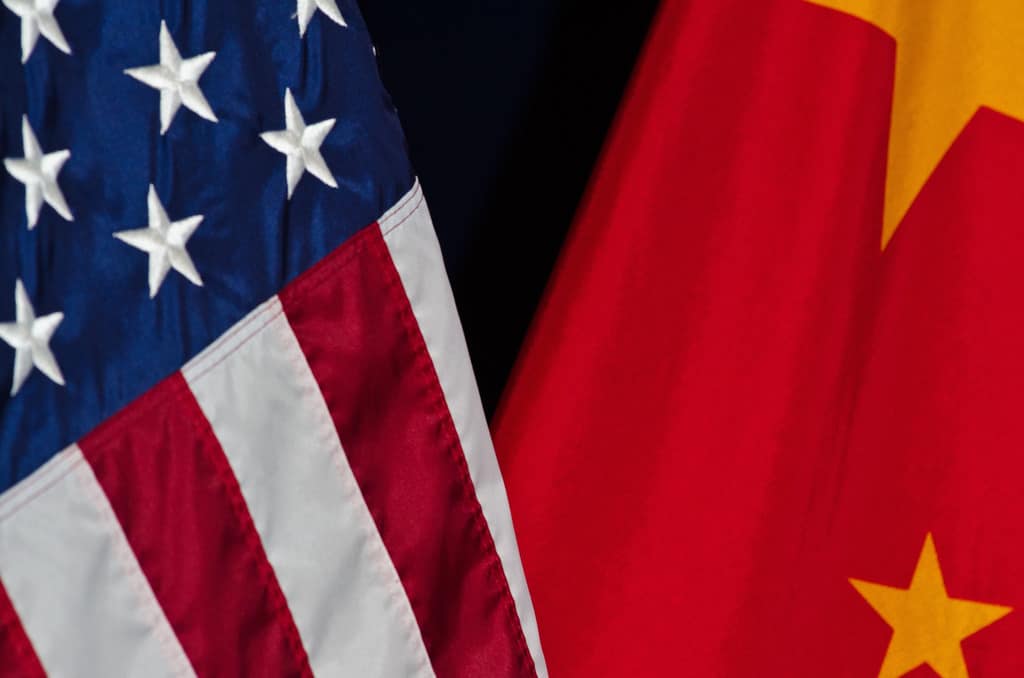Access to technology and protection of intellectual property rights have risen to the fore of discussions between China and the United States at a World Trade Organization meeting concerning their ongoing trade disputes.
US Ambassador Dennis Shea accused China of making “forced technology transfer” an implicit requirement for overseas companies hoping to access the the country’s domestic market, especially during partnerships with state-owned enterprises.
Shea made the claim at the World Trade Organisation on Monday, amidst ongoing trade disputes between China and the US.
According to Shea China’s licensing regulations compel foreign companies to share technology, while officials are also in a position to mandate technology transfers due to the imprecision of investment rules.
Shea said that this created a lose-lose proposition for all foreign investors, that would eventually undermine the competitiveness of other countries.
“This is not the rule of law,” said Shea to the WTO’s dispute settlement body according to a record of his remarks. “In fact, it is China’s laws themselves that enable this coercion.
“Fundamentally, China has made the decision to engage in a systematic, state-directed and non-market pursuit of other (WTO) members’ cutting-edge technology in service of China’s industrial policy.”
Chinese representatives denied the accusation, with Ambassador Zhang Xiangchen stating at the meeting that “there is no forced technology transfer in China.”
“Nothing in these regulatory measures requires technology transfer from foreign companies,” said Zhang.
According to Zhang the US Trade Representative’s office had failed to produce any evidence to back its accusations, and some of the claims made were “pure speculation.”
Zhang said that technology transfer was a regular form of commercial activity that brought the greatest benefit to the United States, and that Chinese innovation is the product of “the diligence and entrepreneurship of the Chinese people, investment in education and research, and efforts to improve the protection of intellectual property.”
The Trump administration will need the support of the WTO to launch tariffs that relate to WTO rules.
The current Sino-US trade dispute first kicked off in earnest when Washington filed its complaint on 23 March, with WTO rules stipulating that in the case of failure to settle disputes amicably within 60 days, complainants may request that a panel of experts provide adjudication.
According to experts such an outcome will lead to a legal impasse that could potentially take years to resolve.
Related stories
Does Sino-US Tech War Underlie Escalating Trade Tensions?
Will Sino-US Trade Frictions Capsize China’s Technological Growth?



